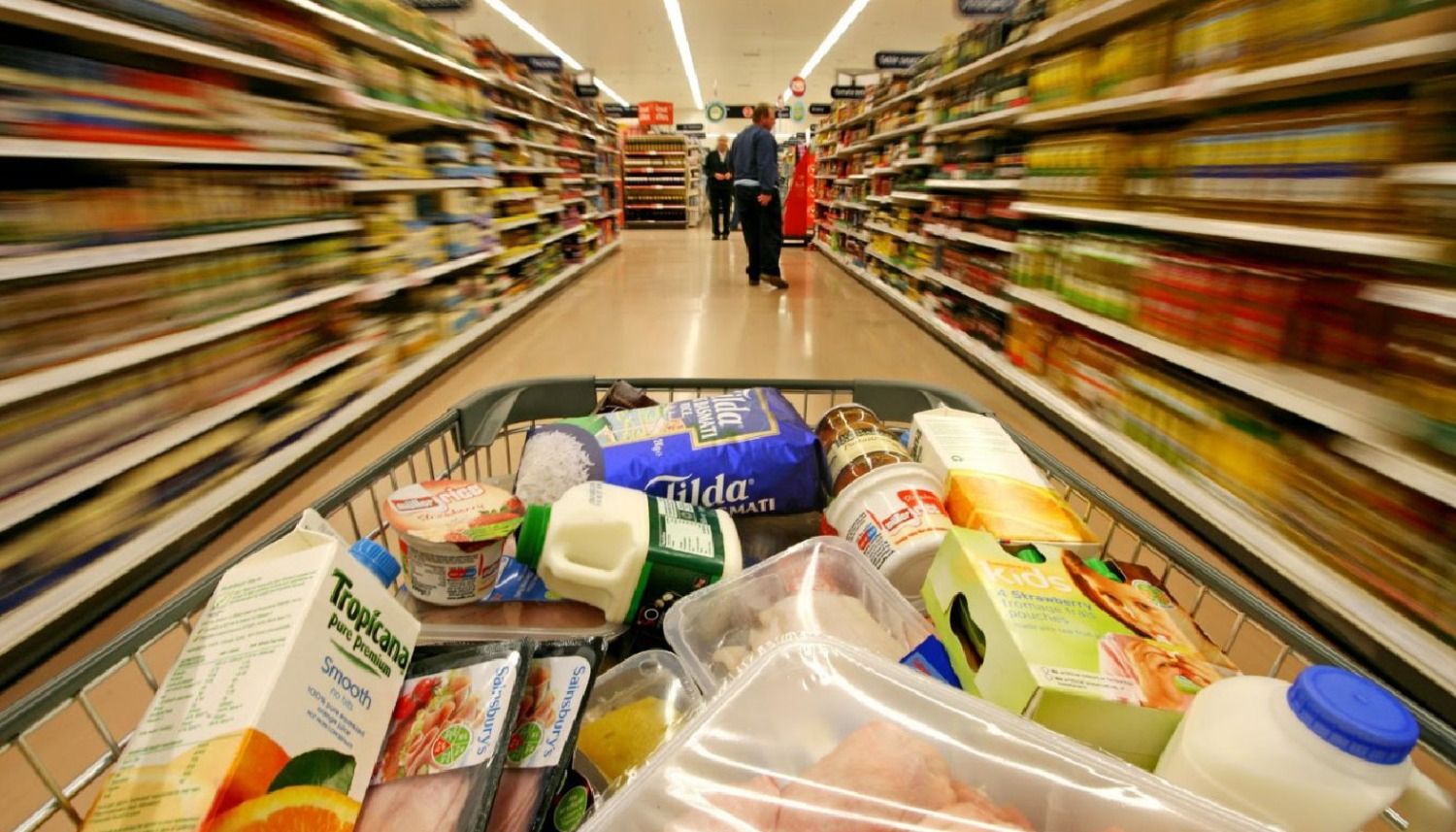RIO DE JANEIRO, BRAZIL – The coronavirus pandemic toppled the central sustaining pillar of the Brazilian economy, household consumption, which recorded an unprecedented drop in March, according to data from the GDP Monitor, an indicator published by the Getúlio Vargas Foundation’s Brazilian Economics Institute (IBRE) on Monday, May 18th.

The economy contracted by an unprecedented 5.3 percent in the first month of the country’s social isolation, compared to February, with a 6.5 percent drop in Brazilian household consumption. Accounting for about two-thirds of GDP, consumption had been growing by two percent per year and sustaining the sluggish economic rebound since the end of the 2014-2016 recession.
Over the past three years, the country has grown just over one percent. The GDP Monitor’s data also counter the Ministry of Economy’s statement that Brazil’s GDP was taking off when the world was hit by a meteor, in reference to the coronavirus pandemic.
According to the FGV, the economy was already showing poor results in January (+0.6 percent) and February (+0.2 percent). As a result, in the first quarter of the year, the indicator fell by one percent, the worst result since the third quarter of 2015, the height of the most recent recession in the country. The first quarter of official GDP data will be released by the IBGE next May 29th, with figures for the closed three-month period, with no monthly results. The monitor’s data also point to a change in the profile of household consumption.
All categories dropped in March, except for non-durable goods (mainly food and pharmaceutical products). Semi-durable products, such as clothing and footwear, and durable goods, which depend on credit (such as cars, electric and electronic products, among others), fell by more than 20 percent.
Services have declined by five percent. “This should be the new pattern of consumption during the social isolation period: strongly based on non-durable goods and services,” say researchers Claudio Considera, Juliana Trece, and Elisa Andrade, of the IBRE’s National Accounts Center. “With the return of business, semi-durable goods will rebound.”
“In terms of durable goods, a rebound is not expected until uncertainties are reduced. This new pattern will not change much in the first stages of trade opening, because the reduction of household income, their indebtedness, the increase in unemployment and the resulting increase in uncertainty will endure for a long time,” say the researchers.
Public and private investment, another component of GDP, should not help the rebound either. In March, it showed a 5.8 percent contraction. In the quarter, it dropped by 0.5 percent. Government consumption remains stagnant, with exports declining despite the more favorable exchange rate.
As in Brazil, the world demand for industrial products remains low, while commodities sales continue to grow. According to IBRE’s Claudio Considera, the April and May figures will show an even worse picture, and future results will depend on how the pandemic is controlled. Even if there is a reopening of activities, the economy will not rebound immediately (the so-called “V” shaped recovery), as there will be permanent job losses and company closures.
“I don’t see a ‘V’ shaped recovery, unfortunately. The economy will gradually pick up again. It wasn’t taking off in January and February; it wasn’t growing at three percent. The data already showed that we could return to the mediocrity of the past three years,” he says. “Small companies are crashing. We are expecting between 17 and 21 million unemployed. Now, we will have to first deal with the pandemic and then try to escape from depression,” the researcher says.
Source: Folhapress

